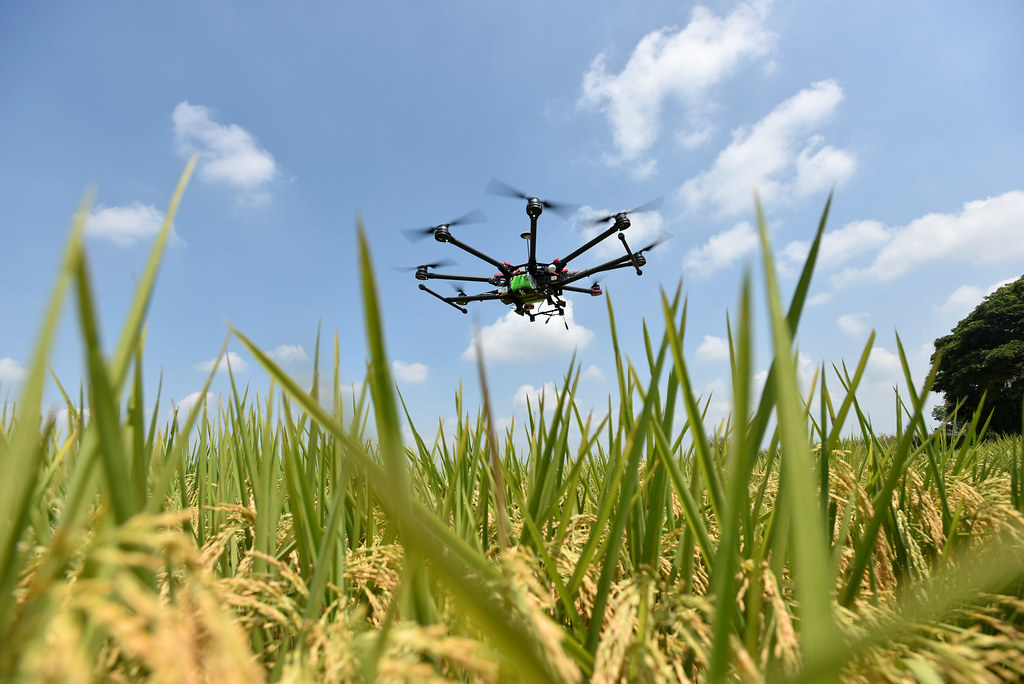-
RAAF
Contributing to the implementation of the Regional Agricultural Policy
RAAF Approach is essentially based on getting things done.
-
Thematics

Thematic areas
The implementation of the Regional Agricultural Policy (ECOWAP) is built around nine thematic areas.
-
Projects
- Renforcement des capacités pour la mise en œuvre de l’ECOWAP en Afrique de l’ouest
- At the end of PRAPS-1, which achieved significant progress in relation to most of the issues relating to animal health, sustainable management of rangelands and pastoral resources, livestock trade, and prevention and management of pastoral crises, the Wor
- Fruit flies are a major problem for the horticultural sector in West African countries. They destroy 50 to 80% of fruit production.
- The Global Climate Change Alliance Plus (GCCA+) is the second phase of an initiative of the same name launched by the European Commission in 2008
- West Africa is one of the most vulnerable regions in the world.
- Renforcement des capacités pour la mise en œuvre de l’ECOWAP en Afrique de l’ouest
- West Africa is facing three major challenges: (i) structural food and nutritional insecurity, (ii) the effects of climate change (droughts, aridity, floods, etc.), (iii) salinization and physico-chemical degradation of agricultural land.
-
News
Follow our news and events
-
Resources
Contents
More information on our work.
-
Multimedias
Interaction
Audio-visual based communication
-
Opportunities
Get Involved
- Portals
From 2nd to 6th September 2024, Kigali, the Capital city of Rwanda, welcomed over 5,000 participants from 97 countries to the 2024 African Food Systems Forum. The event was held under the theme “Innovate, accelerate and scale up: transforming food systems in the digital and climate era”, highlighting the need to accelerate agricultural innovations to meet the growing challenges of climate and digital transformation.
Represented at the forum by its Directorate of Agriculture and Rural Development, the ECOWAS Commission seized the opportunity to raise awareness among world leaders and investors on the need to increase investment in food systems in West Africa. In making this plea, ECOWAS placed particular emphasis on the rice subsector. Rice being a staple food for millions of people, it falls within the priorities of the efforts to achieve food self-sufficiency in the region.
The two (02) high-level panels at the side-event organized by ECOWAS focused on two major themes, namely: “ECOWAS policy frameworks and sustainable solutions” and “Financing sustainable rice-growing innovations”. The discussions enabled over 300 participants to reflect on how to overcome obstacles to investment and facilitate the implementation of agricultural policies, particularly in the rice subsector. Experience-sharing focused on successful investment models and current innovations, while identifying concrete strategies for replicating successes in West Africa.
For years, ECOWAS has been working to transform the rice subsector. Following the adoption of the “Rice Offensive” in 2014, the launch of the Regional Action Plan (2020-2025) and the establishment of the ECOWAS Rice Observatory in 2022, the Community recently approved a Regional Rice Roadmap (2025-2035) aimed at guiding initiatives to make the region self-sufficient in rice. The renewed commitment of ECOWAS demonstrates its determination to profoundly transform and make food systems sustainable in West Africa. As a result, ECOWAS relies upon agricultural innovations and strategic partnerships to strengthen the region's resilience in the face of food challenges of all types.
